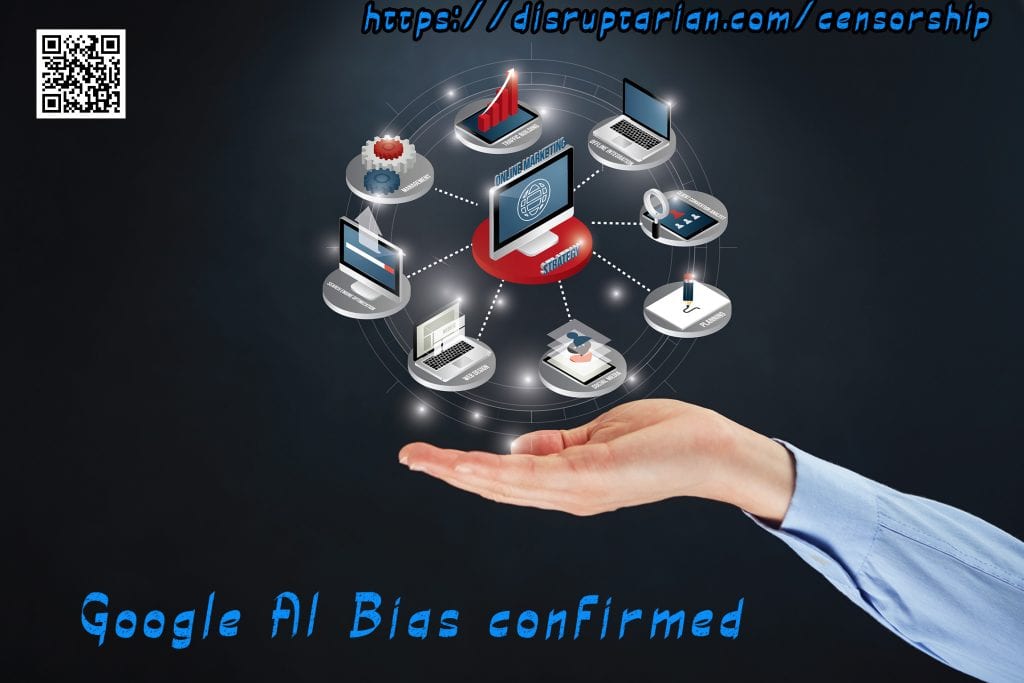Josh Hawley Exposes Whistleblower Revelations as Zuckerberg Faces Tough Senate Questions
The concentration of power among today’s tech giants has become a central issue in debates about free speech, accountability, and transparency. During a recent Senate hearing, Senator Josh Hawley took center stage, drawing attention to alleged censorship practices by Facebook, Google, and Twitter. With evidence provided by a whistleblower from Facebook, Hawley accused these platforms of coordinating efforts to suppress certain voices, hashtags, and websites—a charge that Mark Zuckerberg struggled to refute.
Hawley’s explosive allegations, coupled with Zuckerberg’s evasive responses, have fueled calls for greater oversight of big tech companies, with particular focus on reforming Section 230 of the Communications Decency Act, which provides liability protections to these platforms.
A Modern-Day Robber Baron Era
Senator Hawley began his remarks by likening the current state of big tech to the robber baron era of the late 19th century. Back then, the most powerful corporations colluded to set prices, control information flow, and eliminate competition. Hawley argued that tech giants like Facebook, Google, and Twitter now wield similar power, but on a global scale.
“Your companies are the most powerful companies in the world,” Hawley said, addressing Zuckerberg directly. “And I want to talk about how you’re coordinating together to control information.”
The Whistleblower’s Claims
Hawley’s remarks were bolstered by a Facebook whistleblower who provided insights into the company’s internal operations. Central to the discussion was Facebook’s “Tasks” platform—a collaborative tool used by employees across the company. According to the whistleblower, the Tasks platform is not only used for routine project management but also for coordinating content moderation efforts.
The platform allegedly facilitates discussions among Facebook’s content moderation teams, including the Community Well-Being team, the Integrity team, and the Hate Speech Engineering team. What’s more, the whistleblower claimed that this platform included input from counterparts at Google and Twitter, suggesting that the companies collaborate to determine which individuals, hashtags, and websites to censor.
Evidence Presented in the Hearing
Hawley presented a screenshot of the Tasks platform as evidence, showing references to “election integrity” and other content moderation topics. The screenshot appeared to support the whistleblower’s claims that Facebook collaborates with other tech companies on censorship.
“Facebook censorship teams communicate with their counterparts at Twitter and Google and then enter those company suggestions for censorship onto the Tasks platform,” Hawley stated. “So that Facebook can then follow up with them and effectively coordinate their censorship efforts.”
When pressed on this issue, Zuckerberg admitted that Facebook collaborates with other companies on “security-related topics” such as combating terrorism, child exploitation, and foreign influence operations. However, he denied that these collaborations extend to content moderation policies or specific decisions about what to censor.
A Battle for Transparency
Hawley repeatedly demanded that Zuckerberg commit to providing the Senate with detailed information about the Tasks platform. Specifically, he asked for a list of every mention of Google and Twitter on the platform, as well as a list of websites, hashtags, and phrases flagged for censorship.
Zuckerberg declined to make such a commitment, citing potential “sensitivities” and the need to consult with his team. This refusal only intensified Hawley’s criticisms.
“We could subpoena this information,” Hawley warned, “but I’d much rather get it from you voluntarily. Let everybody take note that Mr. Zuckerberg has now repeatedly refused to provide information that he knows that he has and has now acknowledged that he has.”
Sentra: Another Tool Under Scrutiny
In addition to the Tasks platform, Hawley introduced allegations about another Facebook tool called “Sentra.” According to the whistleblower, Sentra is used to track Facebook users across the internet, including their visits to third-party websites, interactions with Facebook buttons, and even accounts registered under different names.
Hawley displayed a screenshot of Sentra in action, showing detailed information about a user, including their birthdate, account creation date, last login, and online activity.
Zuckerberg denied familiarity with the tool, prompting skepticism from Hawley. “It’s always amazing to me how many people before this committee suddenly develop amnesia,” Hawley remarked.
Section 230 Reform and Big Tech Accountability
The hearing also delved into the broader issue of Section 230 reform. Enacted in 1996, Section 230 grants tech platforms immunity from liability for user-generated content while allowing them to moderate content in “good faith.” Critics argue that this protection has enabled platforms like Facebook and Twitter to wield enormous power without accountability.
Senator Ted Cruz echoed Hawley’s concerns, accusing tech companies of selectively silencing conservative voices while amplifying others. “Big Tech enjoys massive corporate welfare through the effect of Section 230,” Cruz said. “It’s a subsidy that no one else gets while these companies become some of the wealthiest corporations on the planet.”
Zuckerberg’s Evasive Responses
Throughout the hearing, Zuckerberg’s responses to key questions were marked by vagueness and deflection. When asked whether Facebook employees access users’ private information, such as personal messages, Zuckerberg admitted that records are kept but was unable to provide specific numbers.
Similarly, when asked whether Facebook tracks users’ online activity through tools like Sentra, Zuckerberg claimed he was unfamiliar with the name and could not confirm whether such tracking occurs.
These evasive responses drew sharp criticism from Hawley, who accused Zuckerberg of stonewalling. “What we have here is clear evidence of coordination between Twitter, Google, and Facebook,” Hawley said. “Mr. Zuckerberg knows he has the tools to track this, but he won’t commit to letting us see it.”
Broader Implications
The revelations from the hearing have significant implications for the future of tech regulation and free speech. If the allegations of coordinated censorship are true, they raise serious questions about the influence of tech companies over public discourse and the potential for abuse of power.
Critics argue that such practices undermine the principles of a free and open internet, where diverse viewpoints should be allowed to flourish. Moreover, the concentration of power among a few corporations creates a dangerous monopoly over information, making it increasingly difficult for alternative voices to be heard.
Public Reaction
The hearing has sparked widespread debate on social media and in political circles. Supporters of Hawley’s stance view the revelations as evidence of big tech’s overreach, while critics question the interpretation of the evidence presented.
Proponents of Section 230 reform argue that the current law gives tech companies too much leeway to act as both platforms and publishers. Meanwhile, defenders of the status quo caution against hasty changes that could stifle innovation and harm smaller platforms.
The Way Forward
As calls for reform grow louder, lawmakers face the challenge of balancing accountability with innovation. Proposals for reforming Section 230 range from imposing transparency requirements to narrowing the scope of liability protections.
For tech giants like Facebook, hearings like this one underscore the growing scrutiny they face from both sides of the political aisle. Whether through voluntary transparency measures or legislative action, the pressure to address concerns about censorship and accountability is unlikely to abate.
Conclusion
Senator Josh Hawley’s exposure of whistleblower claims has added fuel to the ongoing debate about the power of big tech. By shining a light on alleged coordination between Facebook, Google, and Twitter, he has raised critical questions about the role of these companies in shaping public discourse.
As lawmakers, regulators, and the public grapple with these issues, one thing is clear: the era of unchecked power for big tech is coming under increasing scrutiny. The revelations from this hearing may mark a pivotal moment in the fight for accountability and a more equitable internet.
For those concerned about the future of free speech and democracy, the time to engage in this conversation is now.

